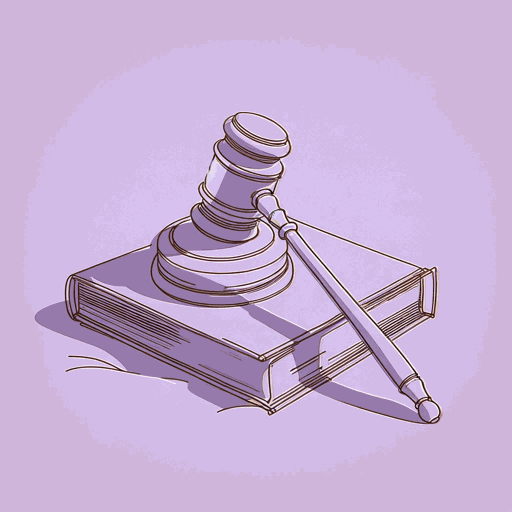42 pages • 1 hour read
Anthony LewisGideon’s Trumpet
Nonfiction | Book | Adult | Published in 1964A modern alternative to SparkNotes and CliffsNotes, SuperSummary offers high-quality Study Guides with detailed chapter summaries and analysis of major themes, characters, and more.
Chapters 6-10Chapter Summaries & Analyses
Chapter 6 Summary
The central question of the case—whether the Constitution allows a man to be tried without a lawyer because he cannot afford one—is far from simple. Indeed, the power of the Supreme Court to review the actions of governors, legislators, and Presidents is permitted to judges in few other countries. The consequences of the Court’s rulings are massive and long-felt, imparting upon the justices a huge responsibility. There is no luxury of a higher court. This calls into question the democratic nature of allowing nine people—appointed for life, who answer to no constituency—to settle society’s ultimate decisions. As such, there has been a long history of legal challenges to the Court’s power. The Court has endured.
The histories of Justices Felix Frankfurter and Hugo L. Black illustrate the debate “of when and how the Supreme Court should exercise its great power to nullify what other branches of government have done” (50). Frankfurter cautioned judicial self-restraint while Black emphasized the role of judges and called on them to take responsibility for legal activism. This ideological conflict could also be detected in the Gideon case. One issue pertaining to Frankfurter was precedent. By 1962, the Supreme Court had overruled prior decisions approximately 100 times.

